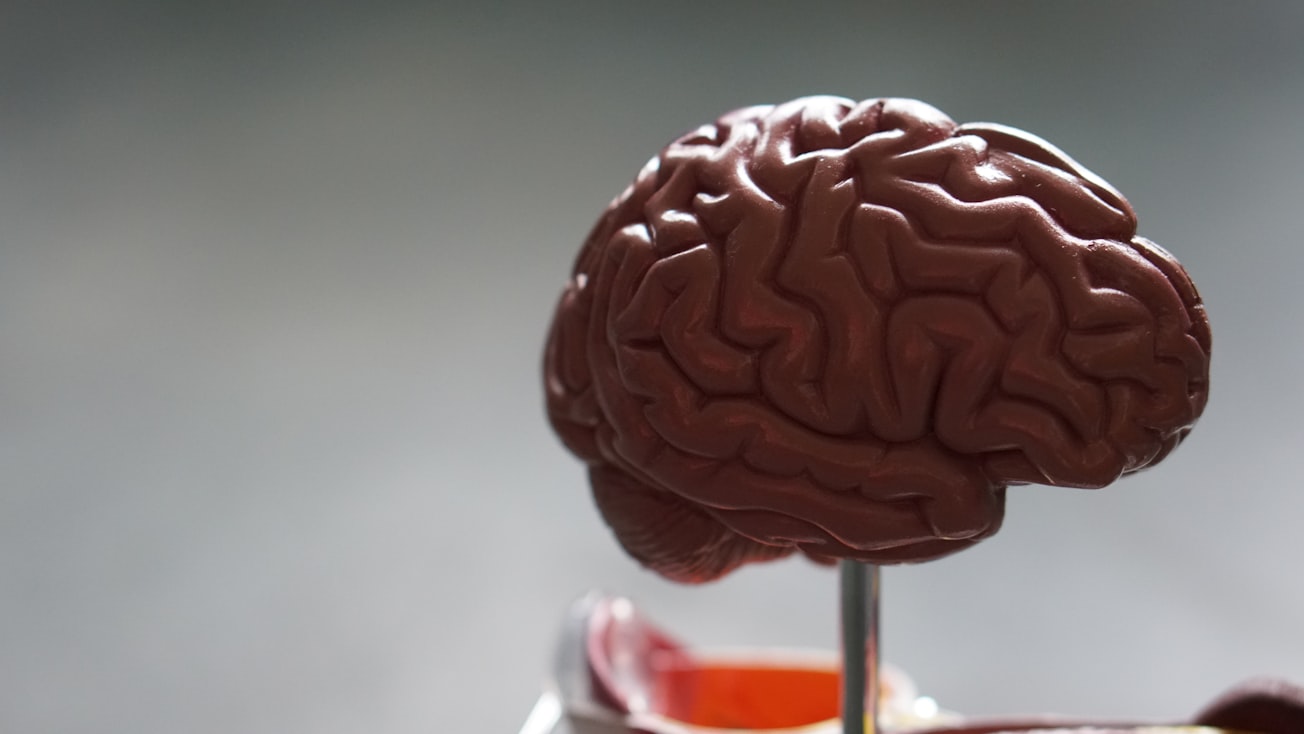What is it about?
Lead (Pb) toxicity is known to be a chief environmental health issue, especially for pregnant women and young children. Today, the use of medicinal herbs in the treatment of many diseases and different toxic agents has become highly accepted due to their effectiveness and lower costs. Thymoquinone (TQ), which is extracted from Nigella sativa seeds, is a potent antioxidant and anti-inflammatory agent. This study was designed to explore the optional protectivity of TQ against maternal and fetal oxidative stress and brain damage induced by Pb administration. Pregnant rats were distributed into seven groups: control group, TQ group, DMSO group, two groups Pb-treated (160 and 320 ppm), and two groups Pb-treated (160 and 320 ppm) co-treated with TQ. Administration started from gestation day 1 (GD1) to day 20 (GD20) through oral gavage once daily. Lead administration caused a dose-dependent toxicity for both mothers and fetuses. Also, the histopathological assessment of the brains from Pb-treated groups showed marked alterations. Co-treatment of with TQ and Pb caused a significant decrease in Pb levels as compared with those treated with Pb alone and amelioration of histopathological changes in the brains. It was concluded that co-treatment of TQ along with gestational Pb exposure could mitigate the effects against Pb-induced maternal and fetal neurotoxicity.
Featured Image

Photo by Robina Weermeijer on Unsplash
Why is it important?
Lead (Pb) toxicity is known to be a chief environmental health issue, especially for pregnant women and young children. Today, the use of medicinal herbs in the treatment of many diseases and different toxic agents has become highly accepted due to their effectiveness and lower costs. Thymoquinone (TQ), which is extracted from Nigella sativa seeds, is a potent antioxidant and anti-inflammatory agent. This study was designed to explore the optional protectivity of TQ against maternal and fetal oxidative stress and brain damage induced by Pb administration. Pregnant rats were distributed into seven groups: control group, TQ group, DMSO group, two groups Pb-treated (160 and 320 ppm), and two groups Pb-treated (160 and 320 ppm) co-treated with TQ. Administration started from gestation day 1 (GD1) to day 20 (GD20) through oral gavage once daily. Lead administration caused a dose-dependent toxicity for both mothers and fetuses. Also, the histopathological assessment of the brains from Pb-treated groups showed marked alterations. Co-treatment of with TQ and Pb caused a significant decrease in Pb levels as compared with those treated with Pb alone and amelioration of histopathological changes in the brains. It was concluded that co-treatment of TQ along with gestational Pb exposure could mitigate the effects against Pb-induced maternal and fetal neurotoxicity.
Perspectives
Lead (Pb) toxicity is known to be a chief environmental health issue, especially for pregnant women and young children. Today, the use of medicinal herbs in the treatment of many diseases and different toxic agents has become highly accepted due to their effectiveness and lower costs. Thymoquinone (TQ), which is extracted from Nigella sativa seeds, is a potent antioxidant and anti-inflammatory agent. This study was designed to explore the optional protectivity of TQ against maternal and fetal oxidative stress and brain damage induced by Pb administration. Pregnant rats were distributed into seven groups: control group, TQ group, DMSO group, two groups Pb-treated (160 and 320 ppm), and two groups Pb-treated (160 and 320 ppm) co-treated with TQ. Administration started from gestation day 1 (GD1) to day 20 (GD20) through oral gavage once daily. Lead administration caused a dose-dependent toxicity for both mothers and fetuses. Also, the histopathological assessment of the brains from Pb-treated groups showed marked alterations. Co-treatment of with TQ and Pb caused a significant decrease in Pb levels as compared with those treated with Pb alone and amelioration of histopathological changes in the brains. It was concluded that co-treatment of TQ along with gestational Pb exposure could mitigate the effects against Pb-induced maternal and fetal neurotoxicity.
Prof. Dr. Hesham N. Mustafa
King Abdulaziz University
Read the Original
This page is a summary of: Thymoquinone ameliorates oxidative damage and histopathological changes of developing brain neurotoxicity, Journal of Histotechnology, July 2019, Taylor & Francis,
DOI: 10.1080/01478885.2019.1619654.
You can read the full text:
Resources
Contributors
The following have contributed to this page







